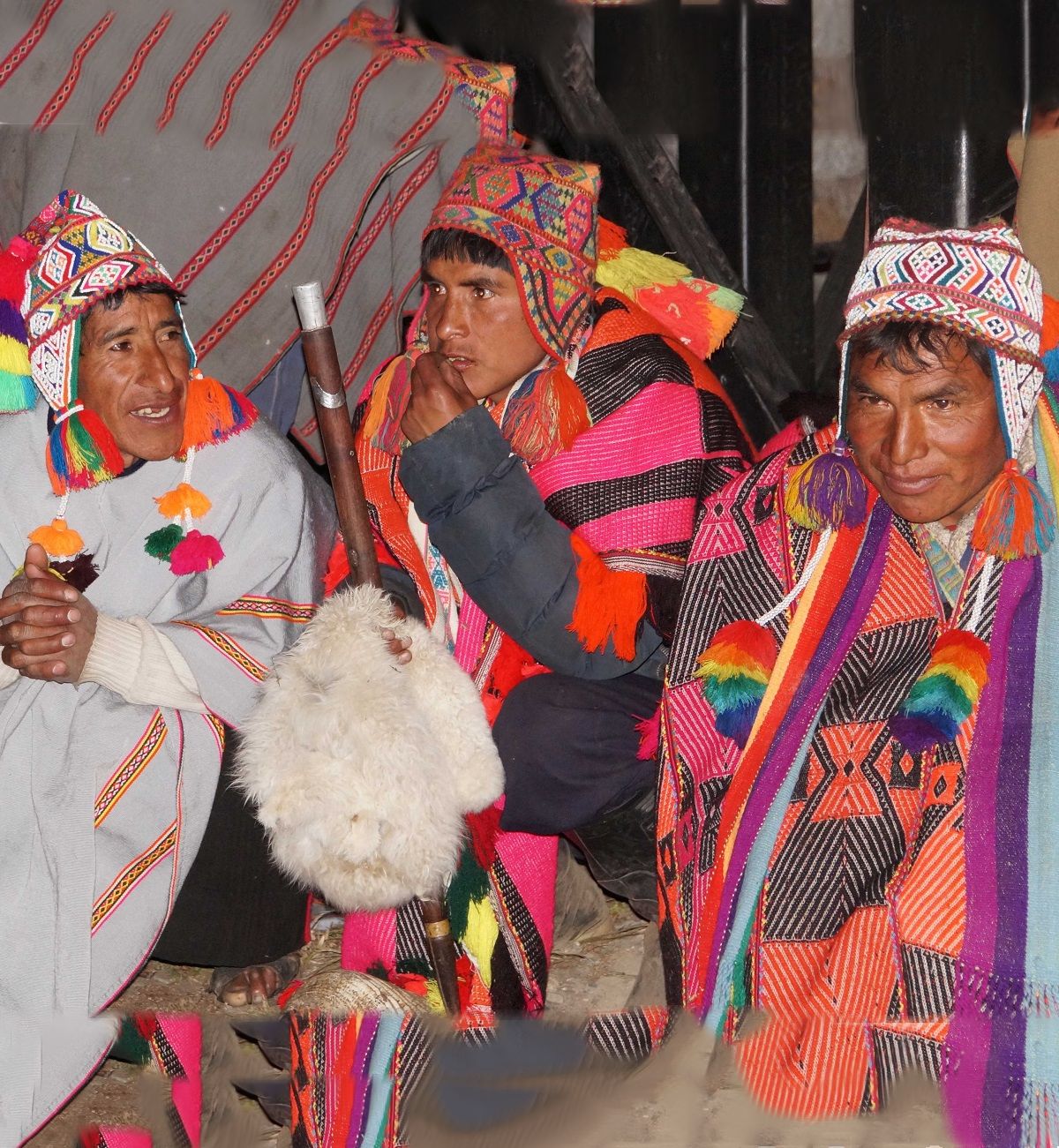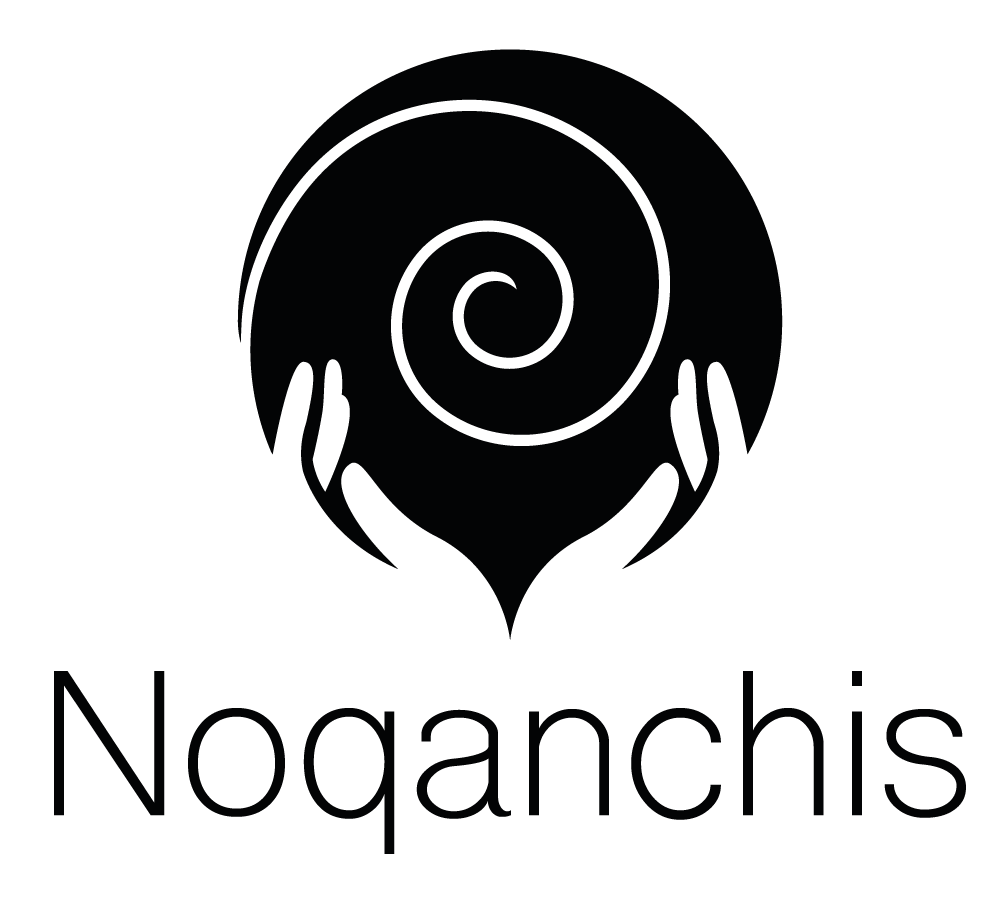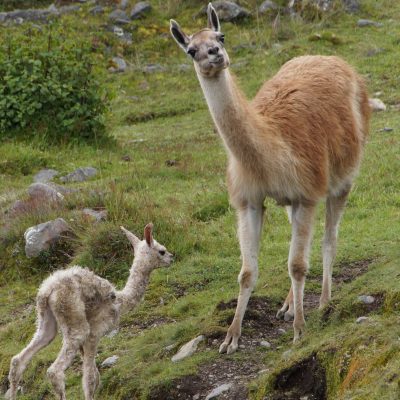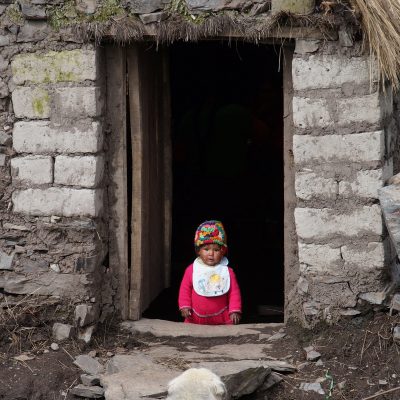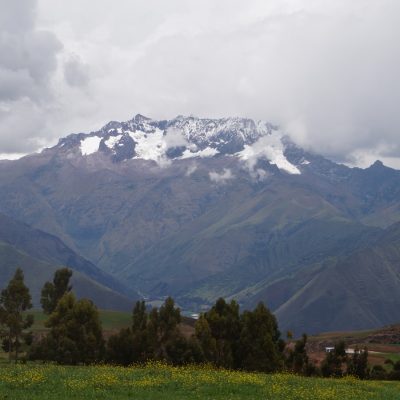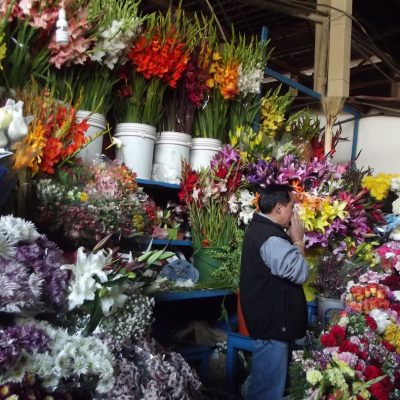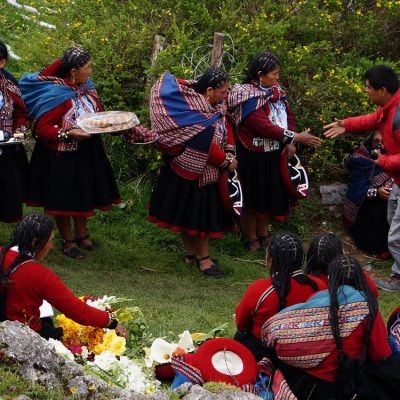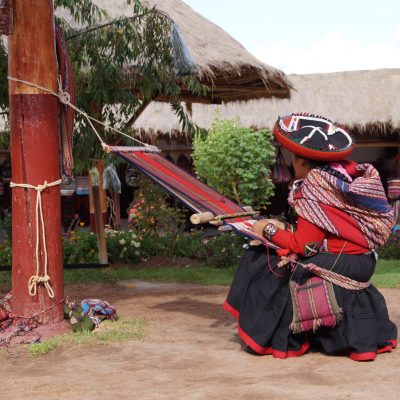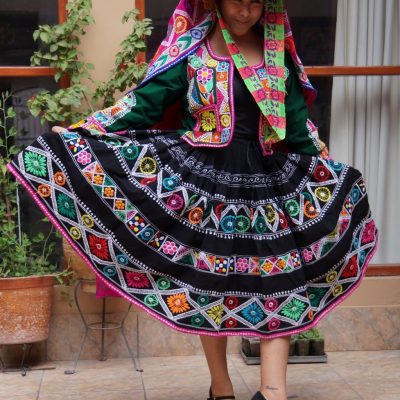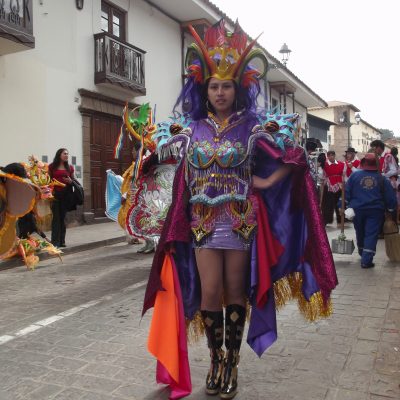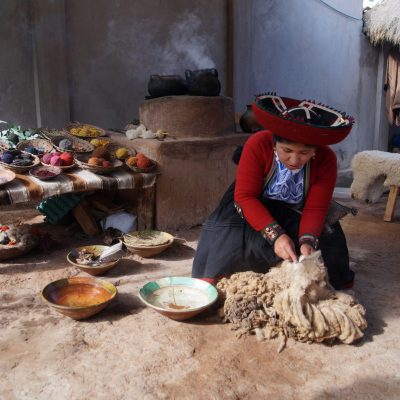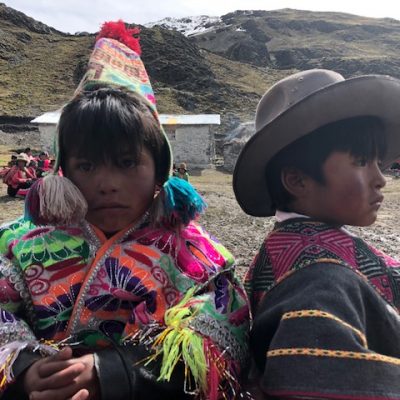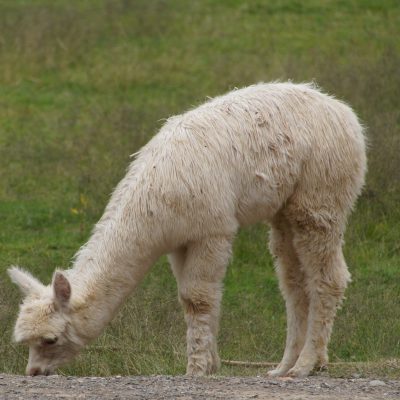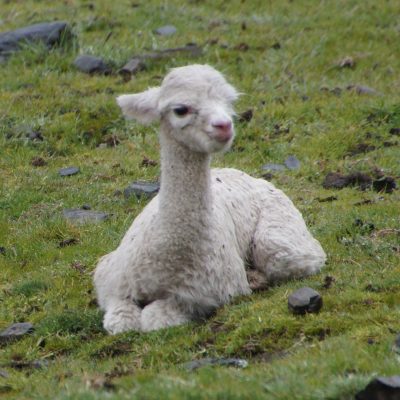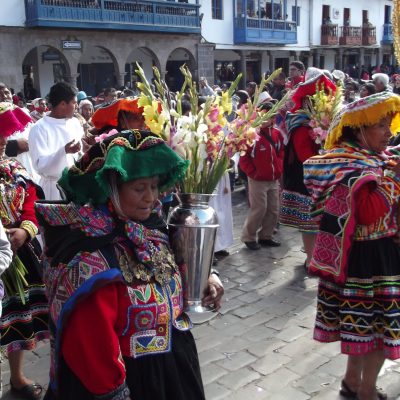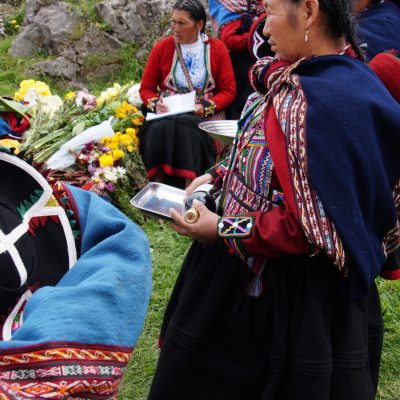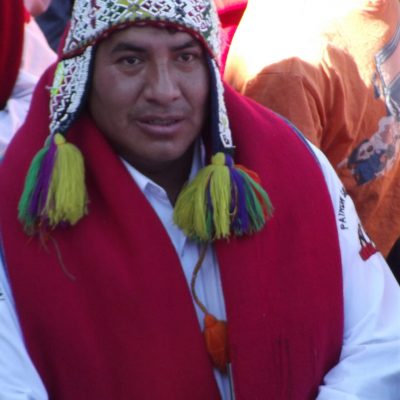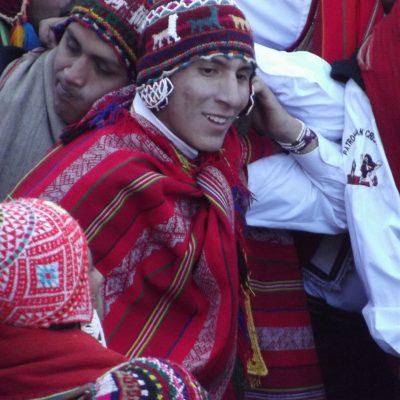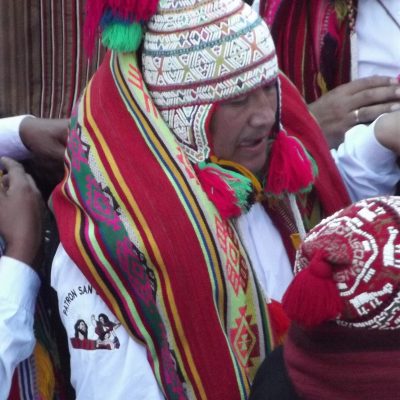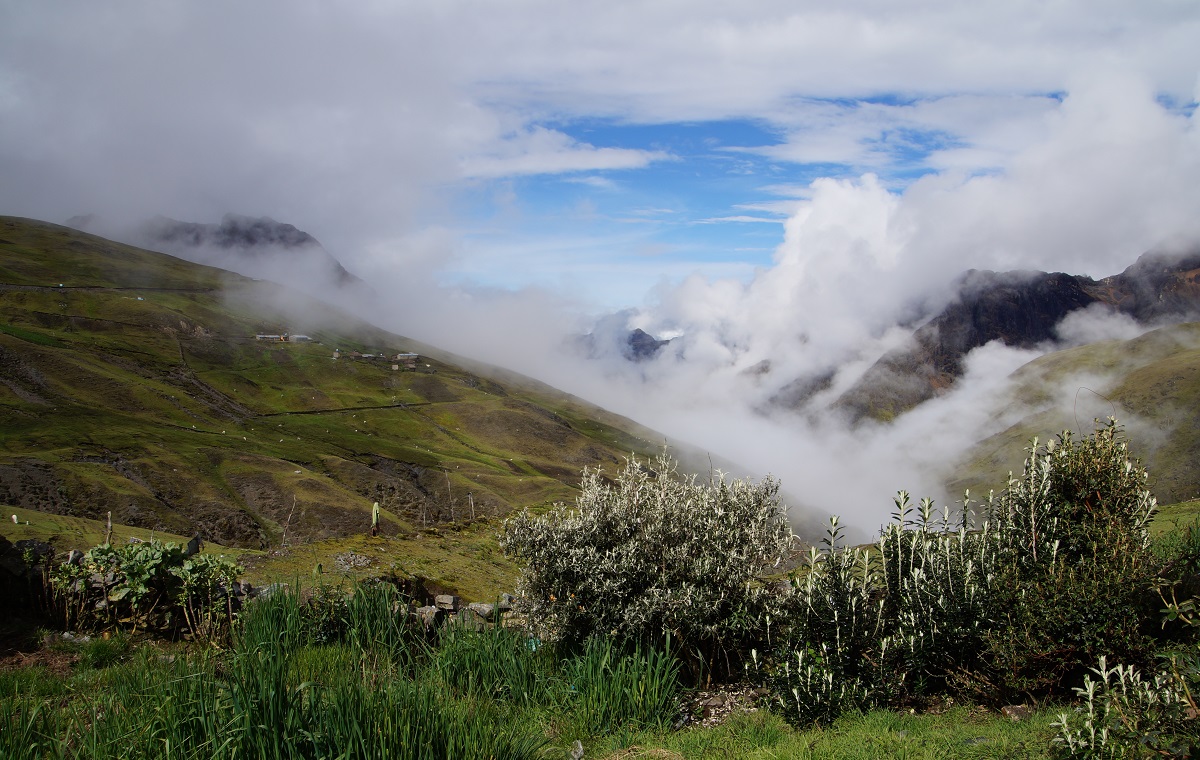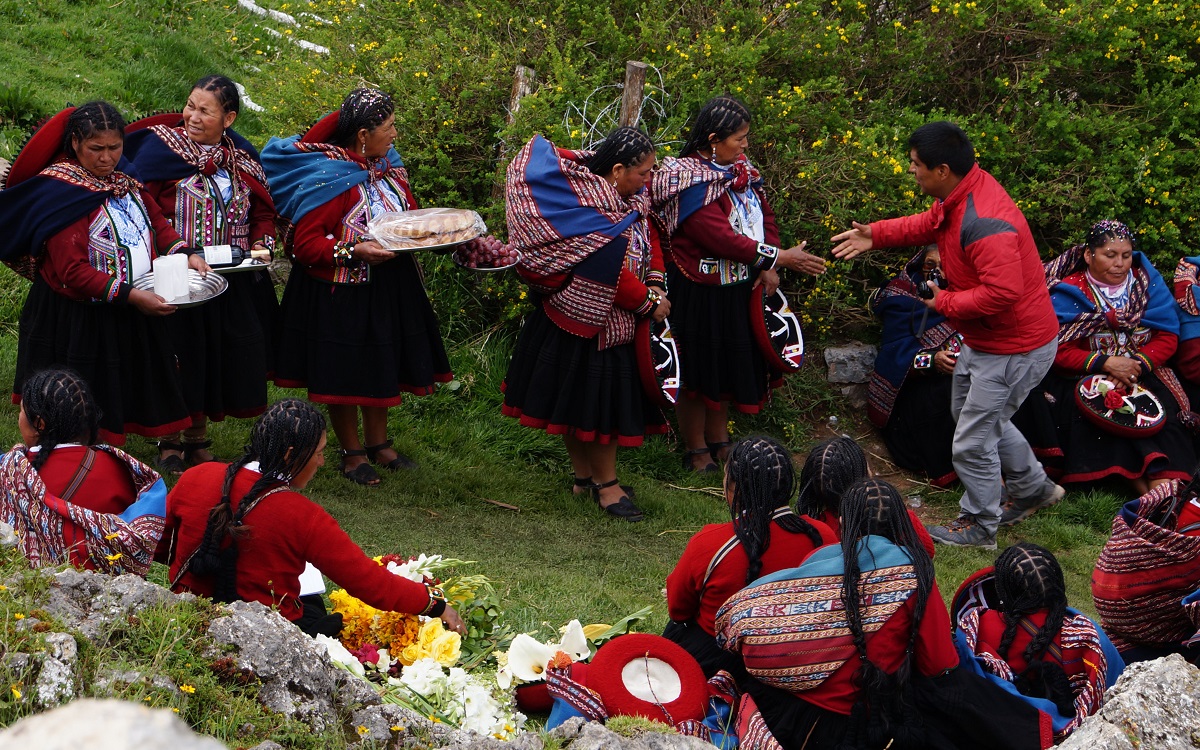The importance of democracy, governance and citizenship in the traditional conception of indigenous communities in southern Peru
The concept of democracy in the western world has not managed to overcome the marginalization, exclusion and ignorance of the processes that indigenous peoples have mastered in their societies, but rather has strengthened the privileges of other sectors, creating a huge gap between two worlds that coexist in the same field.
Context and scope of the intervention:
Most Latin American democracies were conceived as copies of European models without taking into account the cultural heterogeneity of Latin America. This fundamental characteristic has been expressed in the consistent marginalization, exclusion and ignorance of the processes that the original peoples faced within their societies, while the privileges of other sectors have been strengthened, which has created a huge gap between two worlds, the coexist on the same territory, but today are organized and live with different codes and statutes.
Despite this error, which has been repeated for more than 500 years, indigenous peoples consider and practice consultation, participation and consensus as extremely important in decision-making, based on the recognition that all people are equal and have the same rights and obligations on the same Level like their natural habitat, together with plants and animals, and have preserved and restored their basic principles in a hidden and not officially recognized way: solidarity, reciprocity and correspondence.
This void presents us with important challenges that we cannot address until we understand the role indigenous movements play as key actors in regional, national and local politics. It also needs to be explored to what extent the political culture and institutional framework in Peru and Cusco can be influenced to include a multi-ethnic and pluricultural vision of democracy.
goals
1. Gathering, systematising and disseminating information about democracy and the governance of indigenous peoples from their perspective and practice.
2. To promote public awareness of the emergence of indigenous movements as key political actors, including a better understanding of their history, their current situation and their political, socio-economic and cultural demands.
3. Demonstrating and raising awareness of the role of indigenous peoples as political actors and their impact on democracy and governance.


